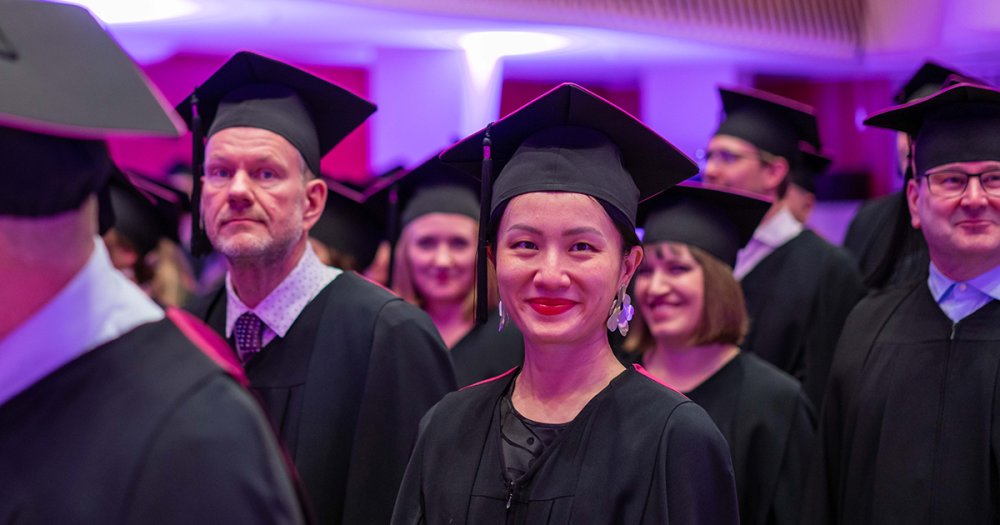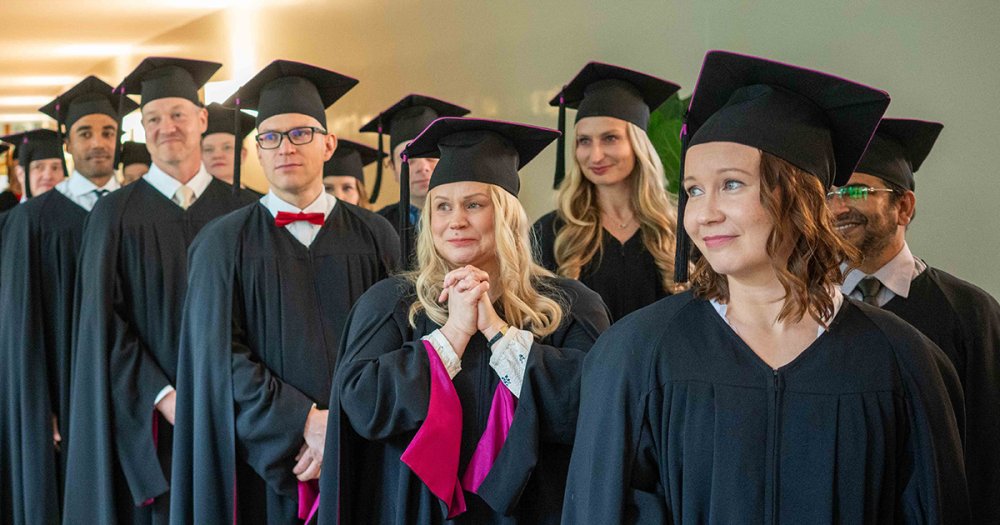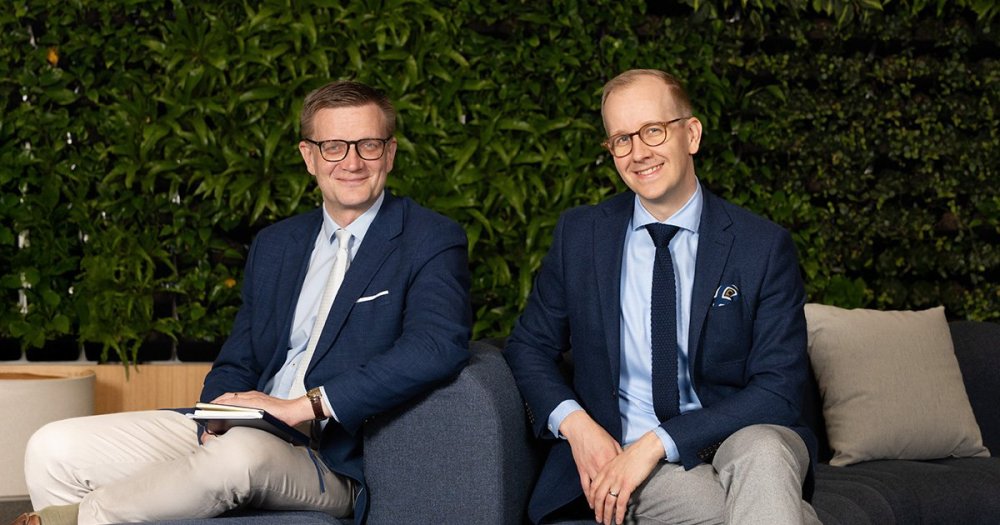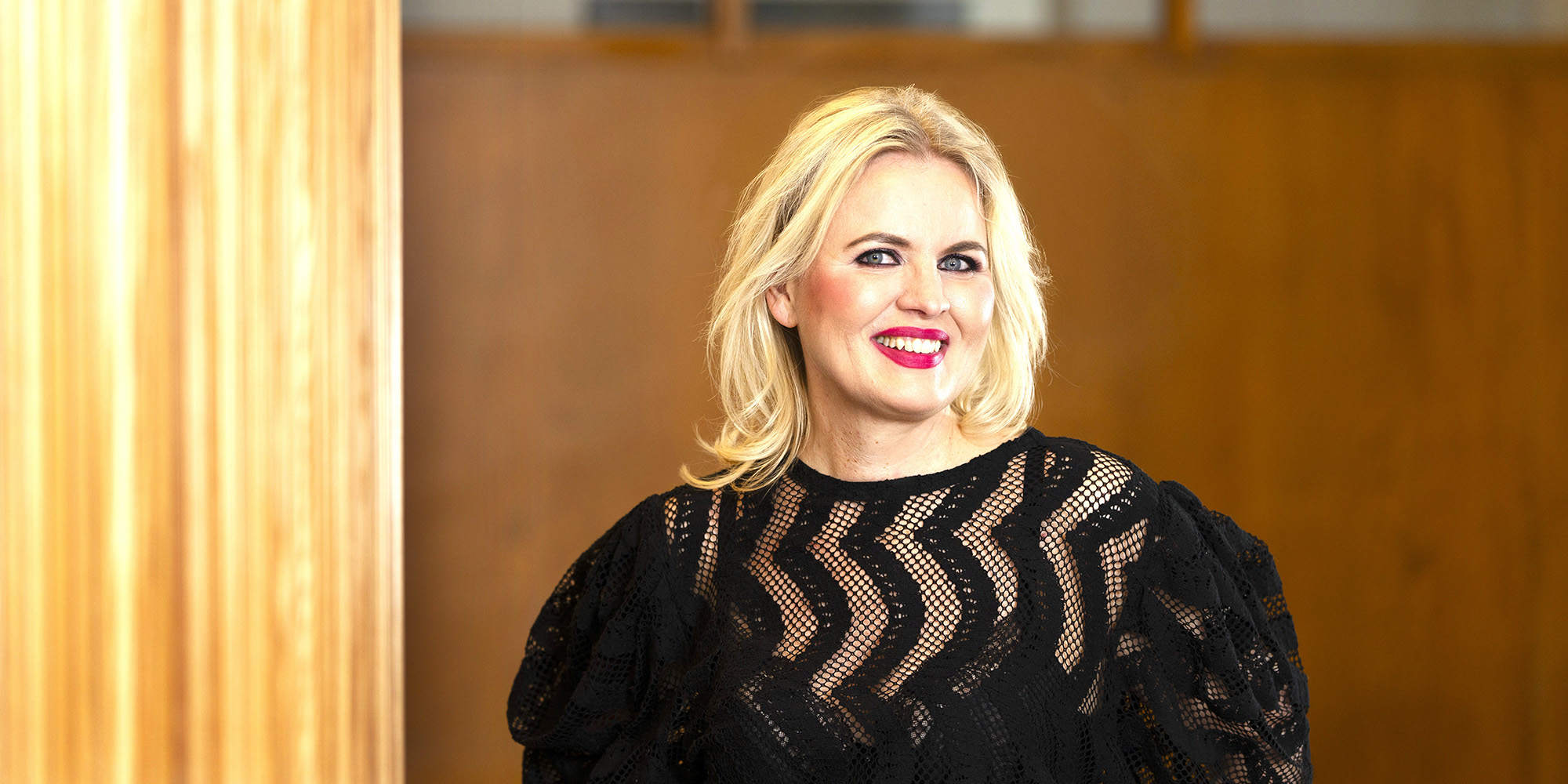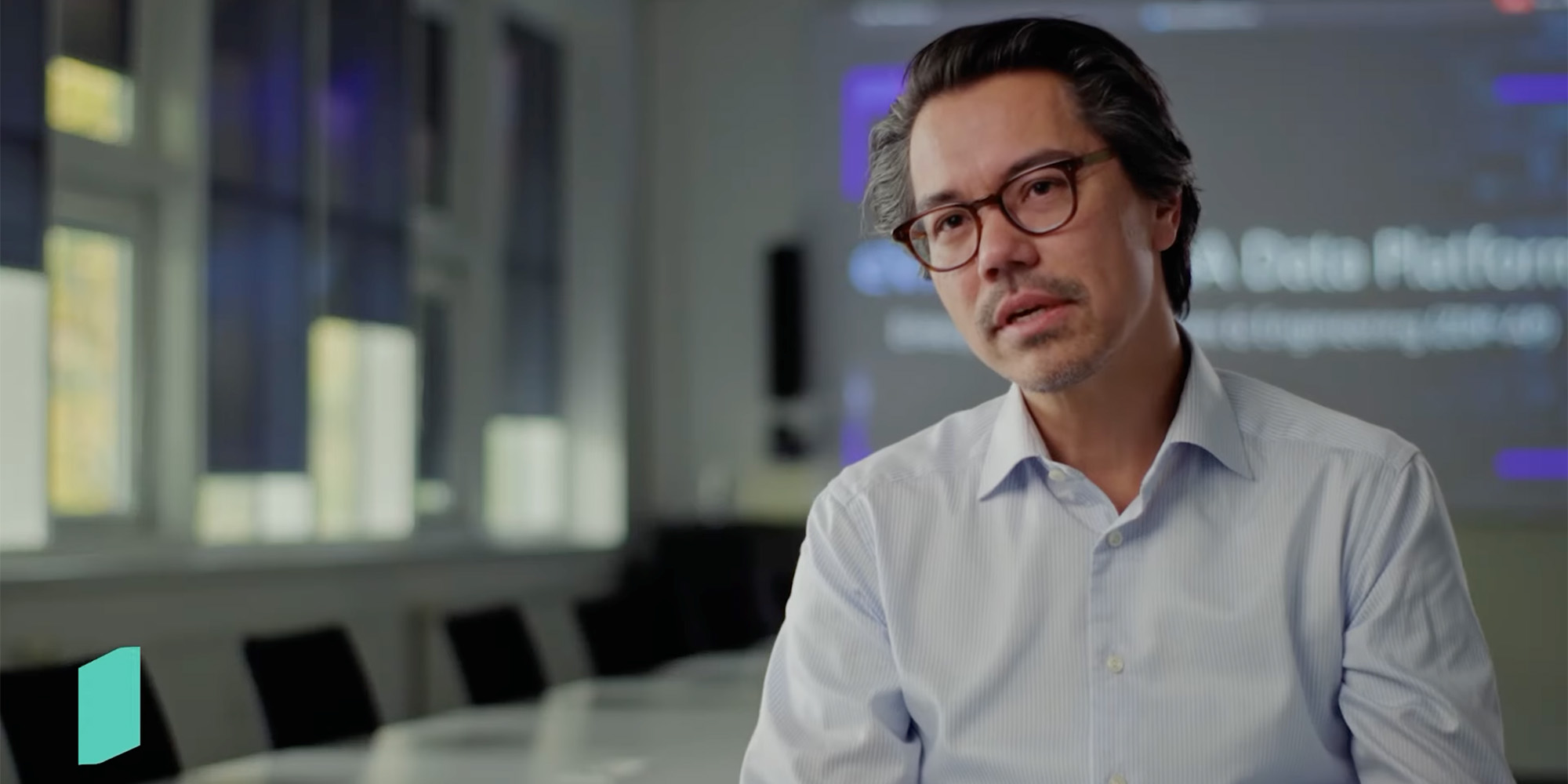These are some of the questions Academic Director of Aalto EE, Mikko Laukkanen, believes that many company executives are turning over in their minds right now. For most, the questions revolve around digital transformation, but whatever the subject, the core question is always the same:
“How do I recognize these signals and succeed in building something tangible around them; something that can be studied, tested or advanced,” Laukkanen summarizes.
Digitalization breaks down traditional ways of doing and understanding business. At the same time, it creates new opportunities and demand for totally new kinds of solutions. Enterprises around the world are striving for growth by creating new innovative business models, establishing themselves in new markets and developing new business ecosystems.
What does this require from leadership? We asked Laukkanen to answer seven questions.
1. What kinds of new understanding and strategic skills does the digital transformation require from leaders?
“This question should be approached from two different angles. When everything is constantly advancing and the competition is getting tougher in almost every industry, it is necessary to continuously develop and improve companies’ activities just to keep up to date, let alone getting ahead. This requires leaders to not only maintain old skills, but also to develop new skills and competences. Additionally, leaders should promote and help develop new skills and competences of others.
To jump out of the general race and into something else, while breaking away from other market developments in a bigger way... This requires a lot more than staying up to date. These are two distinct playing fields and require totally different skills.”
2. Which game is more important?
“They must both be played simultaneously, and that’s the challenge.
How can we continue to be relevant to the customer also 10 years from now?"
It’s too big a risk to pursue only one. By focusing only on novel ways of doing things or generating customer value, you run the risk of losing your existing business. And if you stay put, you may be caught out. As leaders, we should continually strive to examine the business we actually are in. And the business our customers are in. How will their value generation change in the future, and what does it mean for us? How can we continue to be relevant to the customer also 10 years from now?
The way you balance between these two is up to you. Generally speaking, Finnish leaders are fairly good at playing the first game: they are the best equipped to understand the drivers and potential of the competitive dynamics of their industry. However, you can learn to look at what exists around you in a new way. It’s not always easy, with your daily activities and tasks taking all your time.
For example various development programs and coaching can help you visualize your own business activities, the things you do and the competition in a way that allows you to see things that you can’t see when you’re busy with your daily routines.”
3. What role does innovation play in enabling the demand and growth of Finnish companies?
“There is no lack of understanding of the growth opportunities created by innovative business models. Ask any business leader and they will mention innovation and renewal. But what exactly are these ways of renewal in reality? We should broaden the spectrum of renewal.
Often ideas lack insight."
You don’t achieve success by doing things the way others do them. Often ideas lack insight. For example, if you try to break away from the price war by focusing on services, and all your competitors do the same, you are not standing out. Often people make a strategic move or innovation in the belief that their competition remains static. In actuality, other people and companies around you similarly respond to their environment.
Another big challenge in Finnish companies’ attitudes toward reform and innovation is that they engage in development work in spurts; in other words, in projects. Afterwards they return to their everyday routines and go back to doing things the way they have always done them.”
4. What do trailblazer companies do differently to others?
“They have somehow managed to find a balance between continuous development and renewal. With a slight exaggeration, you could say that in a trailblazer company the maturity of strategic thinking is emphasized – the ability to see things and mechanisms of action at the level of a phenomenon, industry, supply chain and various countries – and so is the ability to move smoothly between these levels.
A trailblazer company understands the long-term trajectories of their industry better than their competition: what the future will bring, what things they can influence with their actions, and what adjustments they need to make to the way they respond to things.”
5. What can you do to develop your strategic thinking in the right direction?
"For example, you can scrutinize your own and others’ successes and failures. If someone in the industry takes a 40% slice of the cake and others share the remaining 60%, you should strive to understand why.
All forms of education help you and teach you to find the questions you are not yet able to ask."
All forms of education help you and teach you to find the questions you are not yet able to ask. You can only expand your world view by challenging yourself. If you only follow your closest competitor, you will miss a lot of things.
Naturally, we would all like to do only the things we are good at. For example, it requires conscious effort for a leader at the strategic level of the organization to focus on operational issues. But understanding them will help you in a completely new way to perceive which ideas have the potential to work well in practice.”
6. How can a company benefit from its senior management’s focus on developing skills related to creativity, leadership and strategic innovation?
“From an organization’s point of view, this reduces the risk of being caught out by the perspective of someone else. At best, you get to surprise your competitors and the industry yourself and to delight your customers.
From the leader’s point of view, the most important benefit is maintaining your own value in the job market and your relevant know-how. You will continue to be the person whose views and assessments are relevant. Also, it must be said that, yes, when you take a moment to step outside your daily routines and discover new ways of looking at the world around you, it energizes your day and business.”
7. Which is more important in managing innovation: data or creativity?
“Without data, all we have is a gut feeling, but without creativity, all we have are figures. Creativity is the ability to look at data in the right way and let it steer you toward new opportunities and insights. If I had to choose, I would choose creativity. Everyone has data, but not everyone has creativity.”
Dr. Mikko Laukkanen is Academic Director at Aalto EE. He works especially with degree programs and customized solutions. Laukkanen is also a Researcher at the Aalto University School of Business and frequently lectures in Aalto EE’s programs around the world. He has done his doctoral thesis about innovations and failures to innovate. Read more about degree programs and customized solutions.







